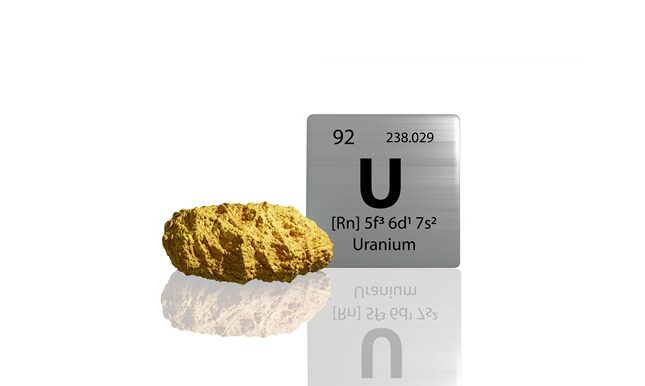Former SpaceX Engineer Works on Developing HALEU Fuel Production in the U.S.

Scott Nolan, a former SpaceX engineer and now CEO of startup General Matter, has set an ambitious goal: to end Russia’s monopoly on high-assay low-enriched uranium (HALEU) production and launch its commercial production in the United States. The company also aims to reduce production costs, a critical factor for advancing new nuclear technologies, including small modular reactors (SMRs), which are poised to play a significant role in energy generation in the coming decade.
General Matter’s Focus on HALEU Production
Founded by Nolan in San Francisco, General Matter specializes in producing HALEU – a type of uranium enriched in U-235 to levels between 5% and 20%. HALEU is considered essential for improving the efficiency of modern nuclear reactors. In comparison, the uranium currently used in power plants contains only up to 5% U-235.
HALEU: Key to the Future of Nuclear Energy
“We believe HALEU is the most urgent need in the market, and the cost of enriching this fuel is crucial for the future of nuclear energy,” Nolan said. “Our goal is not only to restart domestic production but also to significantly lower the cost of this fuel,” he added.
Currently produced mainly in Russia, HALEU is one of the most expensive forms of uranium, with prices ranging from $25,000 to $35,000 per kilogram. Nolan plans to cut these costs by half, enabling broader adoption of new nuclear technologies. Government support is expected to play a significant role in achieving this.
In October, the U.S. Department of Energy awarded preliminary contracts to four companies, including General Matter, to develop domestic HALEU production. A total of $2.7 billion in grants is planned. Other supported firms include Urenco USA, Orano USA, and Centrus Energy.
Safety Concerns Spark Debate
Critics of HALEU argue that its enrichment level poses risks of misuse for weapons production and suggest limiting enrichment to 10–12%. Nolan emphasized that his company will collaborate with regulatory bodies to determine appropriate enrichment levels.
Leveraging Tech Industry Expertise
Nolan highlighted how his tech industry background would contribute to innovative HALEU production. “At SpaceX, we combined the expertise of Silicon Valley engineers with the aerospace industry to develop groundbreaking solutions. We’re doing something similar – combining knowledge of the nuclear fuel cycle with tech industry experience to solve this problem in a new way,” he said.
Source: reuters.com